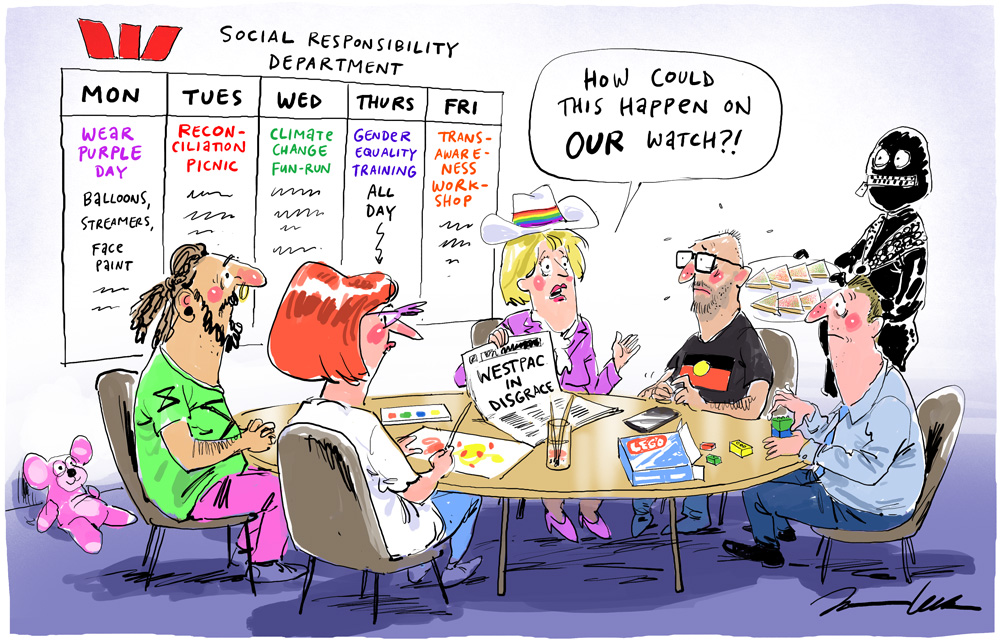By Matthew Archer
For a while now, the discipline of anthropology has studied relatively marginalized or dispossessed people and communities, often in developing countries or poor parts of developed countries. What this means is that anthropologists are often critical of powerful organizations like governments, banks, and multinational corporations.
For the past year, I have tried to integrate these critical perspectives into my teaching at Copenhagen Business School. Although CBS is not a typical business school in the sense that it is not primarily an MBA-granting institution, many of my students are pursuing careers in finance and consulting that are typical of business school graduates.
Challenging business students
For young professionals who have been trained in both their classes and their internships to simplify and synthesize difficult concepts, it can come as a bit of a shock to be asked to read an essay about climate change adaptation in Guyana or vanilla bean farming in Madagascar, and unpack the theories and methods to think about how they relate to questions of corporate sustainability and sustainable finance.
But while this may be challenging, I’ve found that students often find it exceedingly valuable.
One of the hardest things to deal with as a young professional is often the tension between personal, ethical values and the pressures a company puts on you to increase profits.
The critical theories that anthropologists use to make sense of the world help students make sense of their work, especially those who are planning to go into sustainability-related careers. Understanding the way humans have navigated the relationship between nature and culture across time and space turns out to be a key piece to the puzzle of how the financial system or tech companies mediate that relationship in more familiar contexts.
Critical thinking
Just as important, it helps them learn to critically reflect on their choices as consumers, investors, citizens, and the numerous other social roles they inhabit, roles that tend to evolve fairly dramatically over time (for example, after they graduate, after they get their first promotion, after they’ve started families, etc.). This kind of reflection is key to building a more just and sustainable society.
Thinking about the role of emotions in determining who has access to clean water in Bangladesh, for example, might seem far removed from concerns here in Denmark about pension funds and money laundering, but as we’ve learned in my classes over the past few semesters, emotions like hope and anxiety play a big role in the way financial resources are distributed and accessed.
Anthropological theories and methods might seem far removed from the quantitative approach to management that defines contemporary sustainability. But to understand the role of businesses in society, the study of societies has to be taken at least as seriously as the study of business, and anthropology is a fruitful way of introducing this perspective in business schools.
About the author
Matthew Archer is Assistant Professor at Copenhagen Business School. He is an ethnographer and political ecologist interested in corporate sustainability and sustainable finance. Visit Matthew’s personal webpage.
By the same author: Sustainability’s Infrastructure
Photo by José Martín Ramírez C on Unsplash



